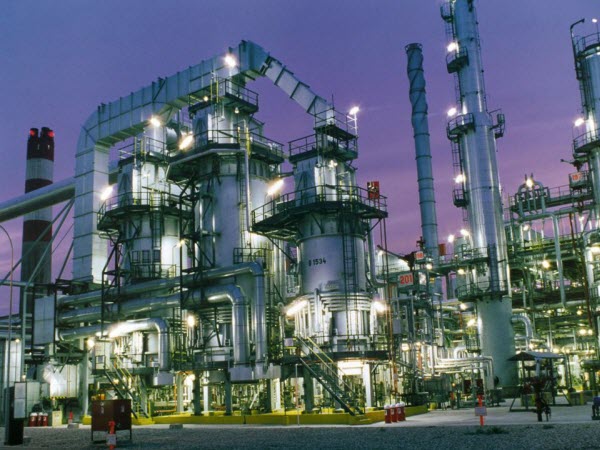There are no products in your shopping cart.
| 0 Items | £0.00 |

 NIGERIA has announced plans to increase crude oil production in an attempt to boost foreign exchange earnings following the recent rise in global prices that have boosted petroleum prices to over $65 a barrel for the first time in three years.
NIGERIA has announced plans to increase crude oil production in an attempt to boost foreign exchange earnings following the recent rise in global prices that have boosted petroleum prices to over $65 a barrel for the first time in three years.
Earlier this week, the price of Brent crude, an identical product to Nigeria's Bonny light crude, jumped to $65 a barrel after the shutdown of the Forties North Sea pipeline in Britain. Coming on the back of the recent production reduction quotas introduced by the Organisation of Petroleum Exporting Countries (Opec), the shutdown has tightened supplies and rallied the market.
Yesterday, Brent crude’s international benchmark price stood at $ 65.07 a barrel as a result of the reduction in output. Britain’s Forties oil pipeline, the country’s largest with a capacity of 450,000 barrels per day (bpd), shut down on Monday after cracks were revealed.
At its November 30 meeting, Opec ministers suggested that Nigeria and Libya join its output-reduction programme in an attempt to limit production and rally prices. However, with the rise in prices, Nigeria now hopes to be able to not only avoid this but also boost production with the opening of several new facilities.
On Friday, oil company Total said its new Egina field offshore Nigeria was on track to start in 2018, adding 10 per cent to the country’s production. This field will have a capacity of 200,000 bpd and launch in the fourth quarter of 2018, counterbalancing production constrained by aging pipelines, perpetual theft and sabotage.
Ehsan Ul-Haq, the head of crude and products at consultancy Resource Economist, said: “That could certainly change the dynamics.”
On Saturday, the head of Libya’s UN-backed government met the head of the country's National Oil Corp (Noc) and the governor of Tripoli’s central bank to discuss how the corporation could get more cash to raise oil output next year. Apparently, NOC received a quarter of its requested budget in 2017, hampering efforts to sustain oil output near 1m bpd.
Any additional funds could help make crucial repairs to the country’s energy infrastructure, a regular target for militant attacks and boost output. Libya’s Noc has so far not spoken officially about the Opec deal.